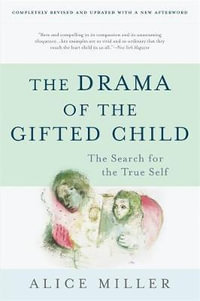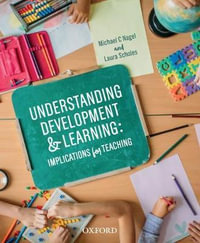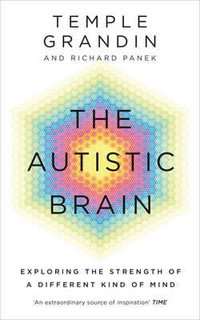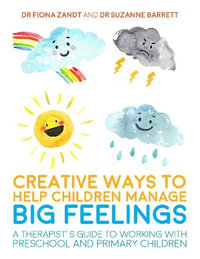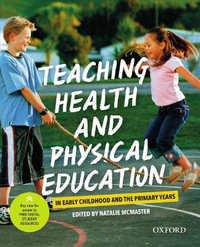
Mindfulness at Play
Parenting healthy, happy children with old wisdom and new science
By: Stephen McKenzie, Angela North
Paperback | 5 July 2023
At a Glance
Paperback
RRP $34.99
$32.75
Ships in 3 to 5 business days
ISBN: 9781922539632
ISBN-10: 1922539635
Published: 5th July 2023
Format: Paperback
Language: English
Number of Pages: 240
Audience: General Adult
Publisher: Exisle publishing
Country of Publication: AU
Dimensions (cm): 22.5 x 16 x 2
Weight (kg): 0.44
Shipping
| Standard Shipping | Express Shipping | |
|---|---|---|
| Metro postcodes: | $9.99 | $14.95 |
| Regional postcodes: | $9.99 | $14.95 |
| Rural postcodes: | $9.99 | $14.95 |
Orders over $79.00 qualify for free shipping.
How to return your order
At Booktopia, we offer hassle-free returns in accordance with our returns policy. If you wish to return an item, please get in touch with Booktopia Customer Care.
Additional postage charges may be applicable.
Defective items
If there is a problem with any of the items received for your order then the Booktopia Customer Care team is ready to assist you.
For more info please visit our Help Centre.


